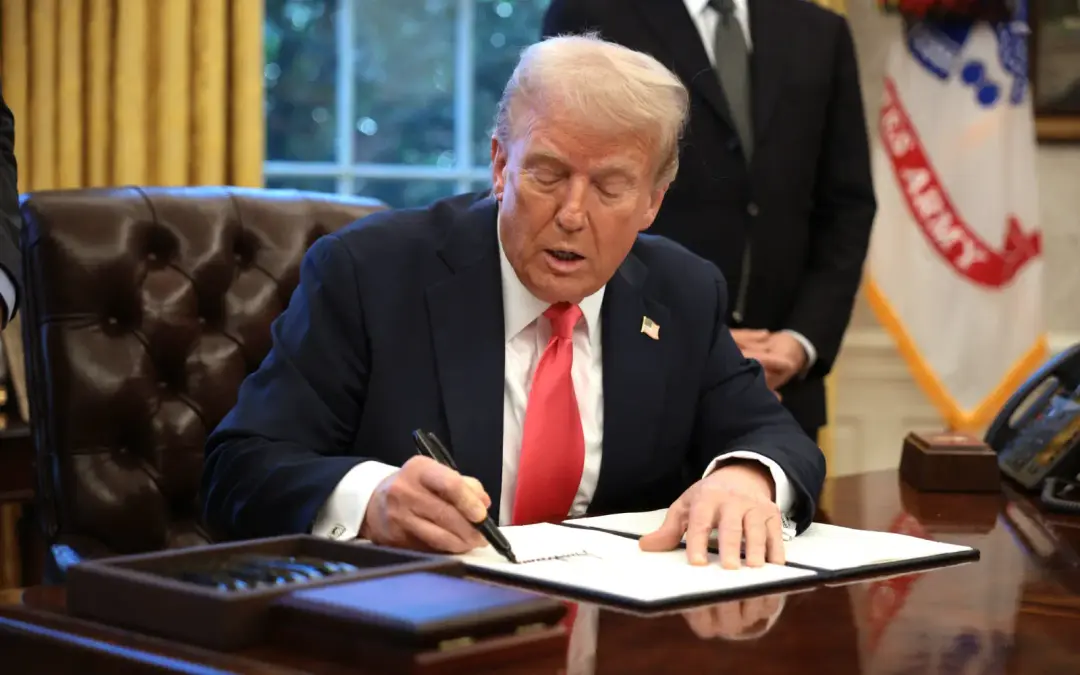The U.S. Department of Energy announced plans to reclaim more than $13 billion in unobligated funds that had been set aside under the previous administration to support wind, solar, batteries and electric vehicles, a move the department said will return the money to taxpayers; President Trump this week dismissed climate change as “the greatest con job” during a U.N. address.
Energy Secretary Chris Wright described the action as part of an effort to curb what the administration called wasteful climate spending and to refocus the department on “affordable, reliable and secure” energy, saying the balances targeted had not yet been assigned to projects.
DOE officials and reporting indicate the funds stem from unobligated balances tied to programs enacted under the Inflation Reduction Act and related climate initiatives, including Loan Programs Office commitments, transmission siting and support for industrial decarbonization and efficiency grants.
A Department of Energy statement framed the recovery as returning unobligated spending to the Treasury and accused the prior administration’s agenda of excessive and ineffective expenditure; the order follows congressional measures that directed the department to identify and recover unused balances.
Critics warn the pullback risks slowing deployment and costing clean‑energy jobs that expanded rapidly in recent years, and some state officials said the decision could cede competitive advantage in clean‑technology manufacturing to international rivals.
